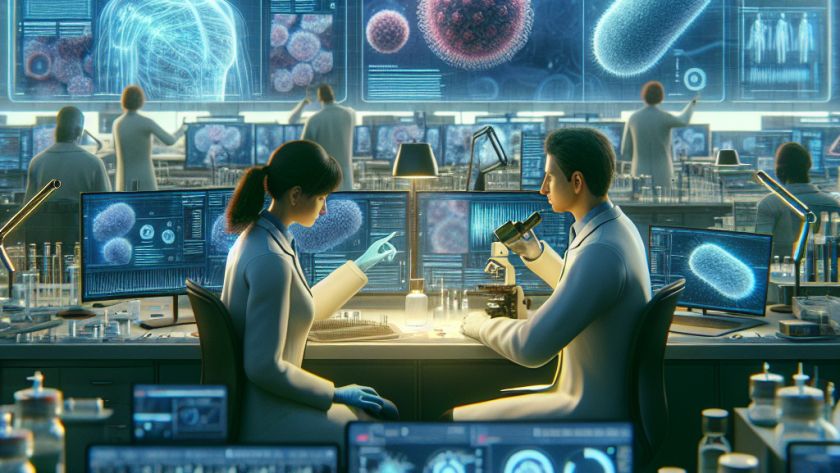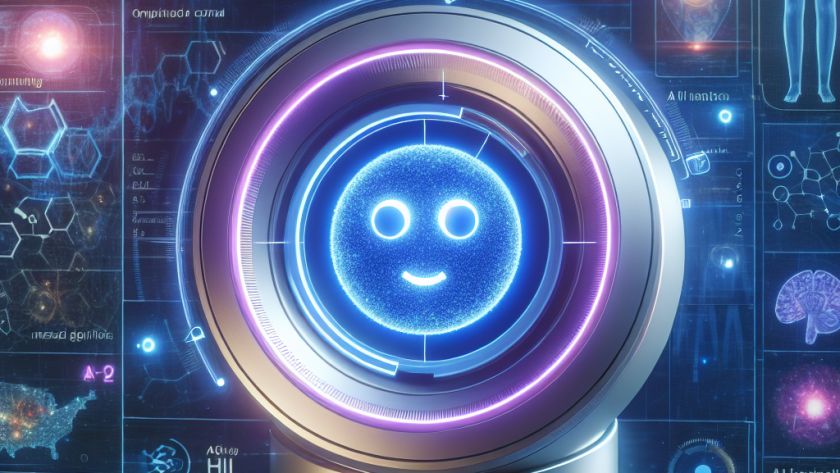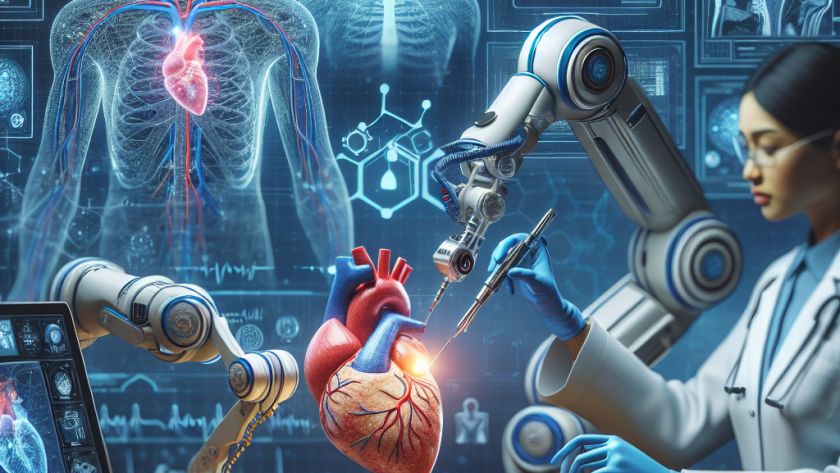Researchers from New York University have made significant advances in neural speech decoding, potentially helping individuals who have lost their ability to speak to regain their voice. The study, published in 'Nature Machine Intelligence', presents a deep learning framework that accurately translates brain signals into intelligible speech. This could potentially be used by individuals who…










